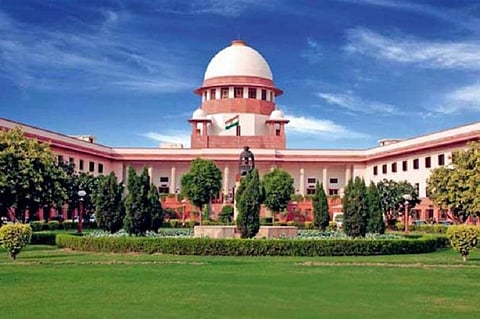NJAC, which sought to take away the judiciary's right to appoint judges to the High Court and the Supreme Court, remained in the news for the better part of the year. In October, the SC struck down the NJAC and called it 'unconstitutional and void.' The presiding judge said, "It is difficult to hold that the wisdom of appointment of judges can be shared with the political-executive. In India, the organic development of civil society, has not as yet sufficiently evolved. The expectation from the judiciary, to safeguard the rights of the citizens of this country, can only be ensured, by keeping it absolutely insulated and independent, from the other organs of governance."


